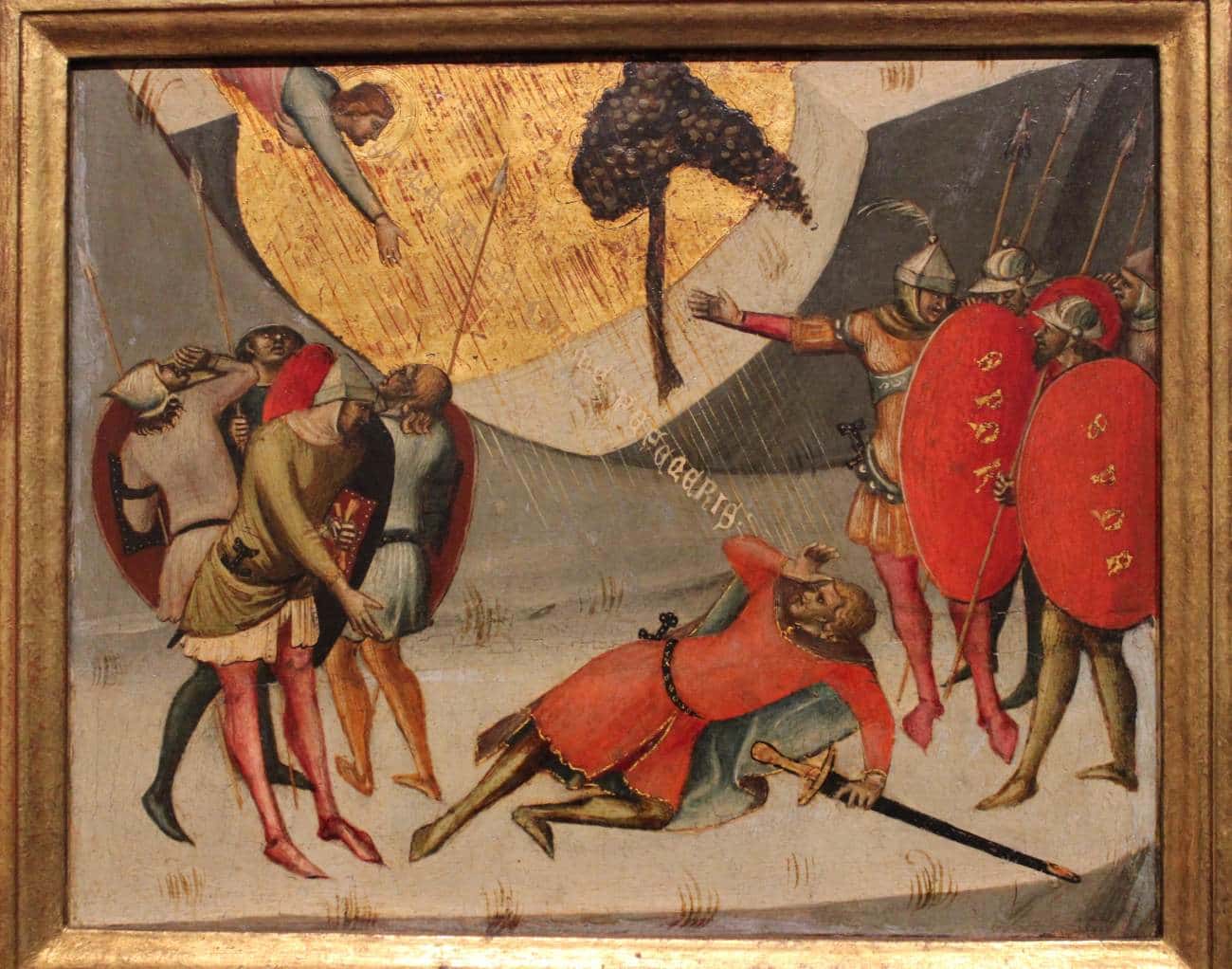Conformation → Information → Transformation
Education is a risky undertaking. It has the power to change us, to lead us out of one state into another, most commonly out of ignorance into knowledge. Indeed, if it does not change us, we might question whether the undertaking is really education.
When we are children or students, those in authority over us and those more experienced design a process for our education and guide us through it.
As parents and teachers, we seek to some extent to indoctrinate our pupils and transfer our values, culture, and traditional wisdom to them. If we design the process well, it will include critical knowledge of human experience, the natural world around us, and the tools to evaluate what we learn and apply it to new situations. Our students will be equipped not merely to imitate us, but to surpass us.
For if we teachers are honest in our efforts, we will acknowledge that ultimately we are — teachers as well as students — on a common quest for truth, which none of us can claim to know fully. We must be courageous enough to put our understanding to the test, humble enough to recognize our ignorance and accept correction, and honest enough to change our minds when confronted with facts and reasoning that demonstrate a better understanding of truth than the one we held.
St. Paul in his letter to the church in Rome commanded the Christians there not to conform to “the patterns of this world”, to the rules and expectations someone else has dictated, but to be “transformed by the renewal of your mind”. St. Paul concedes that our experiences in this world shape us, but they need not and should not define us if we take care to renew our minds.
He was both student and teacher, and he frequently mentions his own extensive study of Hebrew Scriptures. His ministry shows us his awareness of the poetry, theology, and philosophies of the pagan world around him, and his willingness to learn from his coworkers, from Priscilla, Silas, Timothy, and more than fifty others that he mentions by name.
Studying history or literature provides us with examples of human behavior, and teaches us about our own assumptions and prejudices. We discover there there are no simple answers when we can both admire a heroic character for his courage and loyalty to his friends, and condemn him for cruelty or for seeking power for his own advantage. Such stories teach us to avoid rash assumptions, to recognize in others and in ourselves conflicting motives, and to practice charity in how we view people long ago and those we encounter every day.
Studying nature challenges us to find our own place in the created order, to wonder at the variety and multitude of worlds, to puzzle over the design of a galaxy or our own bodies and to ponder the amazing ability of mathematics to describe the path of a planet and the curve of a seashell. Understanding how nature works gives us a glimpse of the mind of the Creator, and opens us to possibilities for helping others.
Nothing we learn, if we study it seriously, will leave us complacent, or comfortable, or unchanged.
Renewal of the mind is the result of studying what others have learned, discovering new information, listening to the experience of fellow students, and yet not blindly accepting all that we hear, whatever the source. Our transforming education requires that we learn also how to test that information, to contemplate and assess it, and that we learn to apply it wisely.
Such transformation sets us at odds with a world to which we no longer conform, but it also enables us to see the world around us and ourselves more clearly, to identify what is good and acceptable and worth pursuing further, and perhaps best of all, freely to choose how we will use what we have learned.

